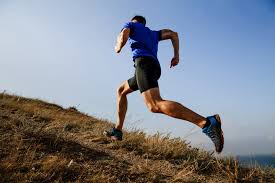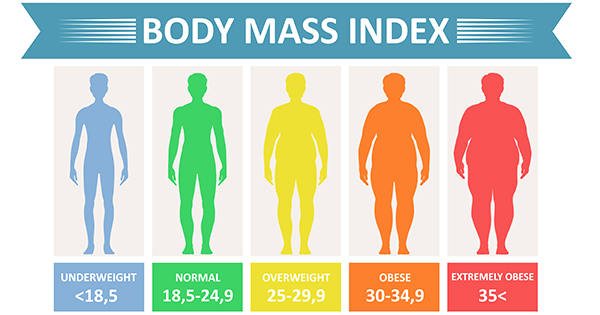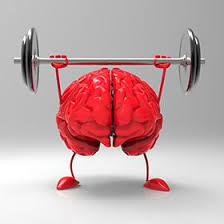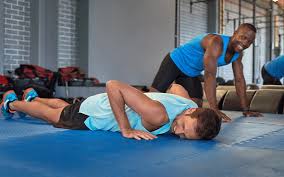Training Secrets of Olympians to Help You Stay Fit
While you may not be suiting up for the Paris Olympics, there’s a wealth of knowledge to gain from the world-class athletes who are. The same processes that help these champions hone their bodies and minds can significantly enhance the health, fitness, and overall well-being of non-Olympians. From the importance of coaching to effective recovery strategies, these training secrets can elevate your fitness journey.
Lessons from Olympic Training
During my time as a resident intern strength and conditioning coach at the ARCO Olympic Training Facility in San Diego prior to the Sydney Olympics in 2000, I had the privilege of working alongside Olympic hopefuls. The principles I learned during that year continue to guide my approach to health, fitness, and performance today. Whether your goal is to bring home the gold or simply to feel great in your later years, these training secrets can help you develop lifelong health habits and empower you to become your best self.
1. Get a Coach
Even the most talented Olympic athletes rely on coaches to navigate the challenges of training and competition. Coaches provide expertise, accountability, and motivation, serving as mentors who offer insights and support.
If elite athletes benefit from coaching, it’s clear that everyone can gain from this mentorship. Hiring a personal trainer or health coach can help you establish and maintain healthy habits while providing the guidance needed to achieve your fitness goals safely and effectively.
2. Trust the Process
When you see an Olympic athlete receiving their medal, remember that moment is the culmination of a meticulously crafted plan. Success at this level is built on years of preparation and continuous assessment of goals and strategies.
Athletes practice trust and patience, focusing on consistent, small details. They understand that success doesn’t happen overnight and that plans may need adjustments, but they never abandon their original goals.
To improve your health, create a realistic long-term plan with incremental goals. Commit to consistent, manageable steps. If you find you’re not meeting your expectations, consider modifying your approach rather than starting from scratch.
3. Recovery Is King
One of the most significant takeaways from my experience with elite athletes is that they prioritize recovery just as much as training. Olympians recognize that while training is crucial for growth, it’s during recovery that real improvements happen.
To maximize your training efforts, manage your sleep, nutrition, and stress levels. Effective recovery can take many forms—whether through adequate sleep, balanced nutrition, or mindfulness practices. Avoid the trap of relentless pushing; instead, integrate simple, restorative habits into your daily routine to sustain your energy and performance.
Monitor your workout intensity and frequency. If you frequently feel sore, injured, or stagnant, consider incorporating low-intensity days or taking a break.
4. Quality Over Quantity
World-class athletes train with an exceptional level of attention to detail. While training quantity matters, the quality of the workout is what truly differentiates the great from the good.
Olympians understand that effective, strategic training yields better results than simply logging hours in the gym. If you’re short on time, focus on high-quality, targeted workouts that can deliver significant benefits in just 20 to 30 minutes a few times a week.
Improving exercise quality can involve refining your technique or adjusting your activities to align more closely with your specific fitness goals. Engaging a professional can be an excellent way to enhance the quality and efficiency of your fitness plan.
Final Thoughts
As you watch the Paris Olympics, reflect on how these principles can support your journey toward lifelong health and fitness. Whether through coaching, trusting the process, prioritizing recovery, or focusing on quality training, you can adopt these Olympic secrets to elevate your own health and well-being.






